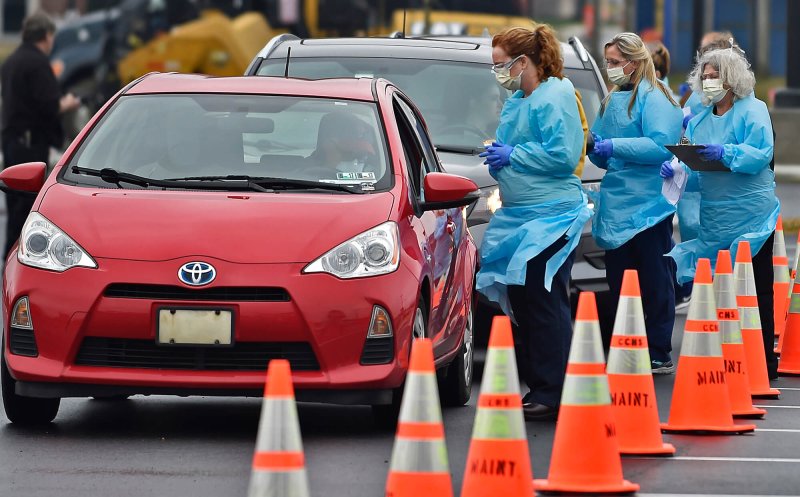First, the bad news: America’s coronavirus epidemic is only beginning, and the suffering will become more searing over the next two weeks. Hospitals in New York City may soon be overwhelmed. New Orleans, Chicago, San Francisco and Seattle may not be far behind.
It will soon be clear why Covid-19 can’t be allowed to rage through the country untamed. …
[Editor’s note: The author was commissioner of the Food and Drug Administration from 2017-19.]
The population tactics are blunt instruments, necessary for isolating hot spots like New York and Seattle. Other places may be able to rely more on individual interventions, which cause less disruption and economic damage.
…
For this to work, the U.S. will need widespread testing to know where and to what extent the virus is spreading. …
By the end of next week, the U.S. will have the capacity in place to screen more than 75,000 people a day. South Korea tested 1 in 160 of its people and deployed technology to identify people who were infected and trace contacts. The U.S. should do the same.
…
Most important is developing a therapy to treat Covid-19 or perhaps prevent people from contracting it. America is home to a vast, dynamic life-science industry. This is its moment. This is why decades of drug investment and development matter so much.































